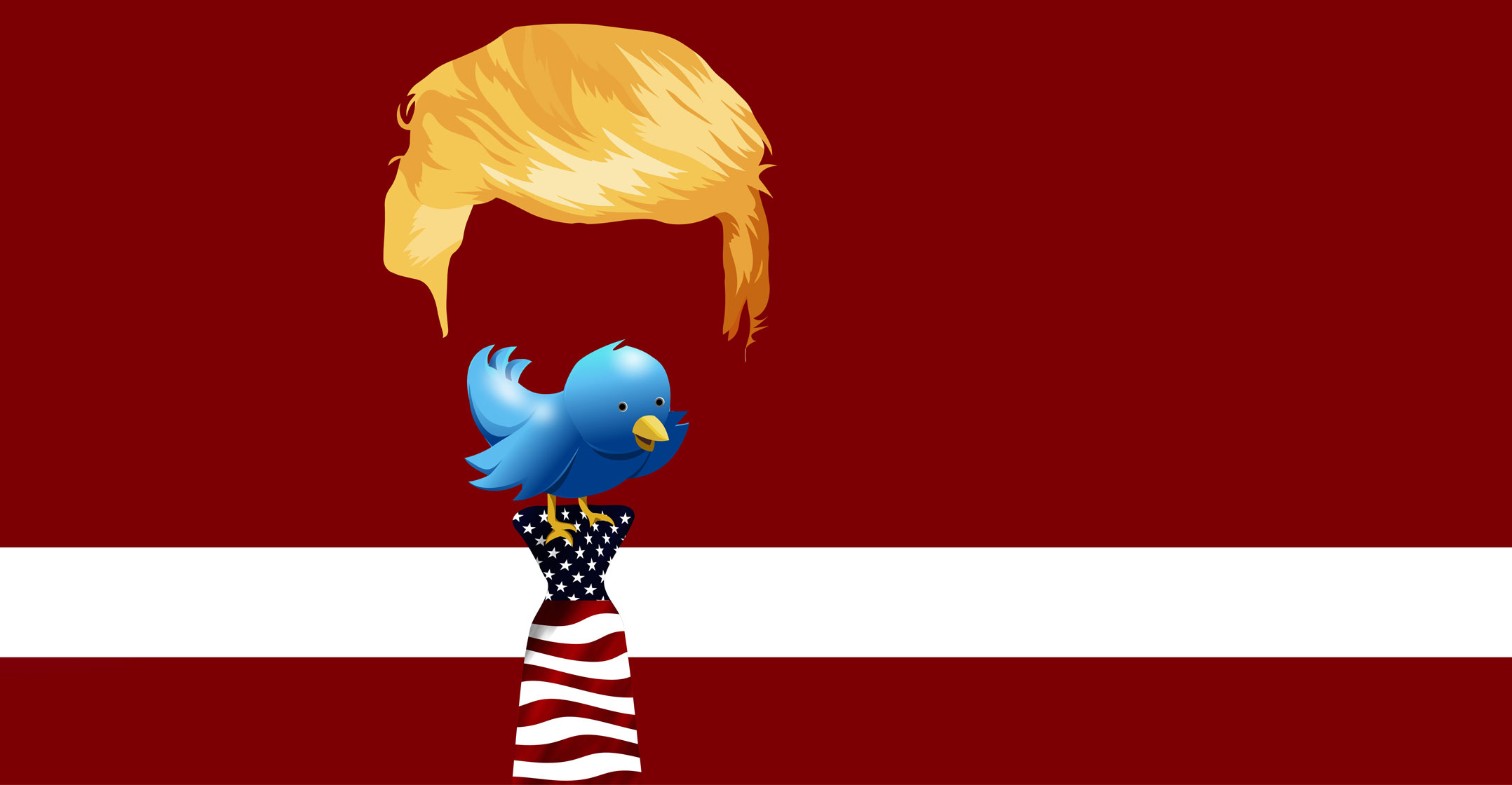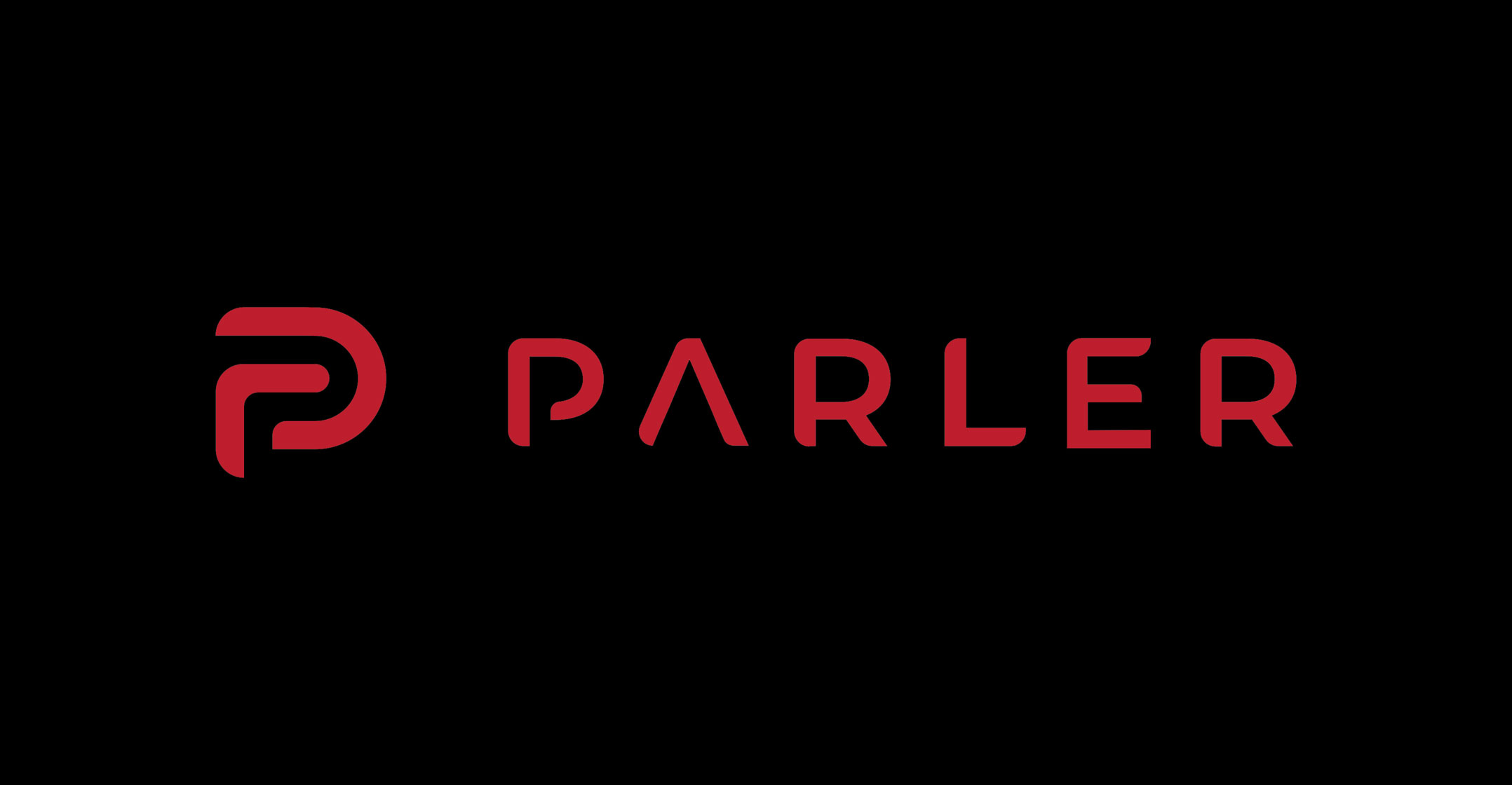 As Facebook and Twitter banished users and groups supporting the violent mobs at the US Capitol last week — including President Donald Trump himself — downloads surged for a less restrictive social media app called Parler.
As Facebook and Twitter banished users and groups supporting the violent mobs at the US Capitol last week — including President Donald Trump himself — downloads surged for a less restrictive social media app called Parler.
But in an effort to prevent further riot organising, Google and Apple booted Parler from their app stores, and Amazon.com shut off its Web services.“We will not cave to pressure from anticompetitive actors!” John Matze, Parler’s CEO, said on his site on Friday. “We WON’T cave to politically motivated companies and those authoritarians who hate free speech!”
In reality, Matze doesn’t have much choice. His free speech-centric network, where some extremists turned to rally insurgents and organise future uprisings, was deemed an “ongoing and urgent public safety threat” by Google. Amazon employees asked that the Web giant “deny Parler services until it removes posts inciting violence, including at the presidential inauguration”, which Amazon did. Apple quickly rejected as insufficient a Parler plan to moderate its content.
With an Internet ecosystem dominated by a few big players, the app has little chance of survival without access to these mainstream channels. The Parler restrictions underscore how technology companies have increasingly been held accountable for the potential consequences of what happens on their services, where they have greater visibility than governments do — and the ability to take quicker action.
For years, large tech companies avoided such debates by claiming to be content-neutral. Meddling and misinformation campaigns in the 2016 presidential election made it clear that these companies, and their software algorithms and content moderation, had real-world impact.
Pressure
Now, pressured by lawmakers, civil rights advocates and even their own workers, the big tech companies are realising just how much power and responsibility they have over public conversation — including over apps they didn’t create.
Such monopoly-like powers are already under scrutiny by US regulators, with Google and Facebook battling government antitrust lawsuits. At the same time, the companies have come under fire for their lackadaisical practices on content moderation, when being too permissive on incendiary speech can lead to real-world violence or illegal activity.
The tech companies’ moves were mostly applauded by government officials and critics, and many openly asked why it took so long to crack down. But their subjective nature worried some advocates.
 “It should concern everyone when companies like Facebook and Twitter wield the unchecked power to remove people from platforms that have become indispensable for the speech of billions — especially when political realities make those decisions easier,” Kate Ruane, senior legislative counsel at the American Civil Liberties Union, said in a statement after Trump was banned on the platforms. “It is our hope that these companies will apply their rules transparently to everyone.”
“It should concern everyone when companies like Facebook and Twitter wield the unchecked power to remove people from platforms that have become indispensable for the speech of billions — especially when political realities make those decisions easier,” Kate Ruane, senior legislative counsel at the American Civil Liberties Union, said in a statement after Trump was banned on the platforms. “It is our hope that these companies will apply their rules transparently to everyone.”
Parler already faced major hurdles. The company is seeking to take on much larger services with established user bases, including Twitter, Facebook and Instagram. The Henderson, Nevada-based upstart network gained some traction in 2020 as it capitalised on fears of anti-conservative bias by the main platforms, and it worked. Backed by Trump supporter Rebekah Mercer, the daughter of hedge fund investor Robert Mercer, Parler was the top program on Apple’s App Store on Saturday before it was banned, with millions of total downloads. The app functions similarly to Twitter, where users post short messages in a feed where others can follow and interact.
As Twitter and Facebook became increasingly willing to label or fact-check Trump’s content in recent months, some Republican lawmakers and media figures, like South Dakota governor Kristi Noem and conservative radio personality Mark Levin, encouraged supporters to follow them on Parler. Yet because of its narrower focus on right-wing users seeking more freedom from the big tech company’s rules, some Parler users complained that it felt like an echo chamber of like-minded people rather than a place to engage in the debate — or conflict — that has become a hallmark of Twitter’s service. Trump himself doesn’t have a Parler account.
Stricter
While Facebook and Twitter have stricter content policies, those networks were also found to have hosted users planning the mob violence at the Capitol, including those who directed large followings to shift over to Parler. When it permanently axed Trump’s account, Twitter said it saw evidence of new riots planned for 17 January, while Facebook said it has so far taken down 600 militarised social groups, and was banning posts from those saying they planned to take weapons to government buildings.
The platforms’ artificial intelligence has been improving at catching offending posts, in some cases before they are seen by a significant number of users. Even if the mainstream apps didn’t aggressively take down such content, the overwhelming volume of posts and users also probably means they’d be unlikely to face Parler-level scrutiny from app stores.
“Perfect moderation is impossible but there’s a difference between trying and not trying,” wrote Benedict Evans, an independent technology analyst and former partner at venture capital firm Andreessen Horowitz, on Twitter. “And these problems are independent of business model — they apply to every network and model.”
 Parler CEO Matze encouraged users to find workarounds, like using the website on a browser or installing the app on Android phones through online stores besides Google Play. He also told them to cancel their Amazon subscriptions, dump Apple, and to “call, write and email your congressman and senators and expose this anticompetitive behaviour”.
Parler CEO Matze encouraged users to find workarounds, like using the website on a browser or installing the app on Android phones through online stores besides Google Play. He also told them to cancel their Amazon subscriptions, dump Apple, and to “call, write and email your congressman and senators and expose this anticompetitive behaviour”.
Even as its technological backbone is disabled by the tech giants, Parler may continue to exist on a smaller scale. Google restricted Gab, another “free speech”-branded site popular with right-wing extremists, in 2017 for violating its hate speech policy. In 2018, Gab was banned by domain provider GoDaddy and PayPal after an anti-Semitic user shot 11 people at a Pittsburgh synagogue. Since the Capitol insurrection, Gab has been tweeting about such bans as a badge of honour, and noting that it’s seen a surge in users and job applications, necessitating new servers to keep the site running.
“The paradigm shift to new platforms that support free speech will happen overnight,” Gab’s account tweeted. To Parler’s Matze, Gab said: “Best of luck, sincerely.” — Reported by Sarah Frier, (c) 2020 Bloomberg LP

